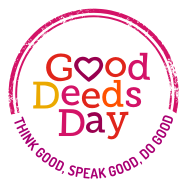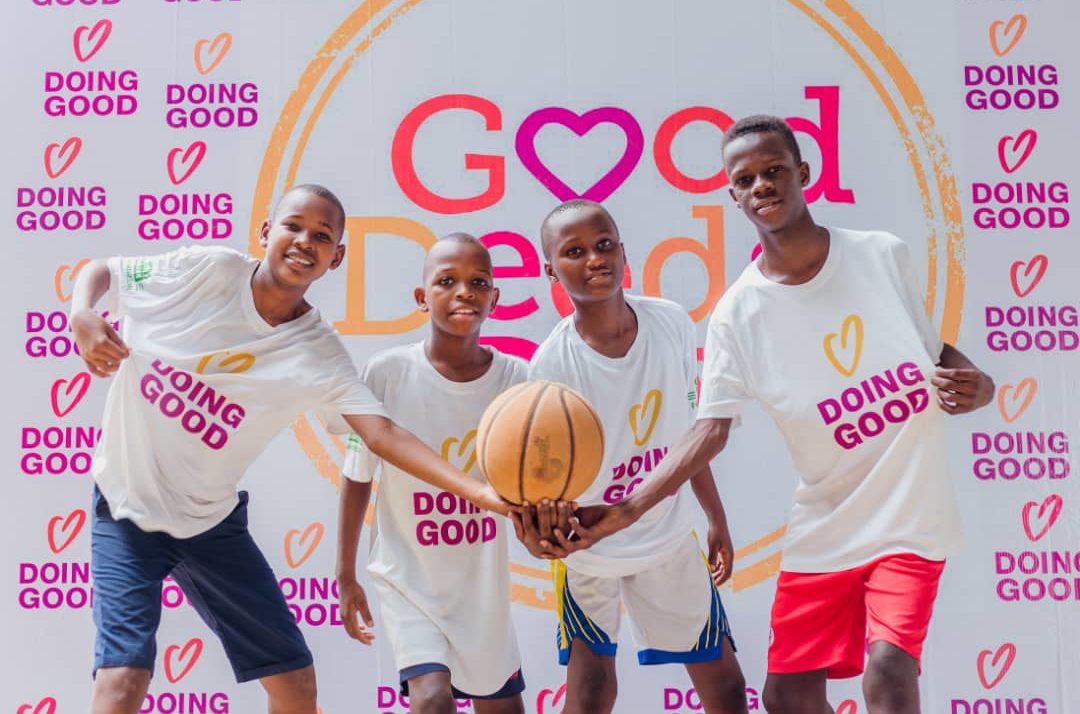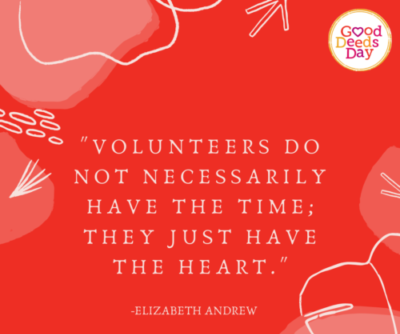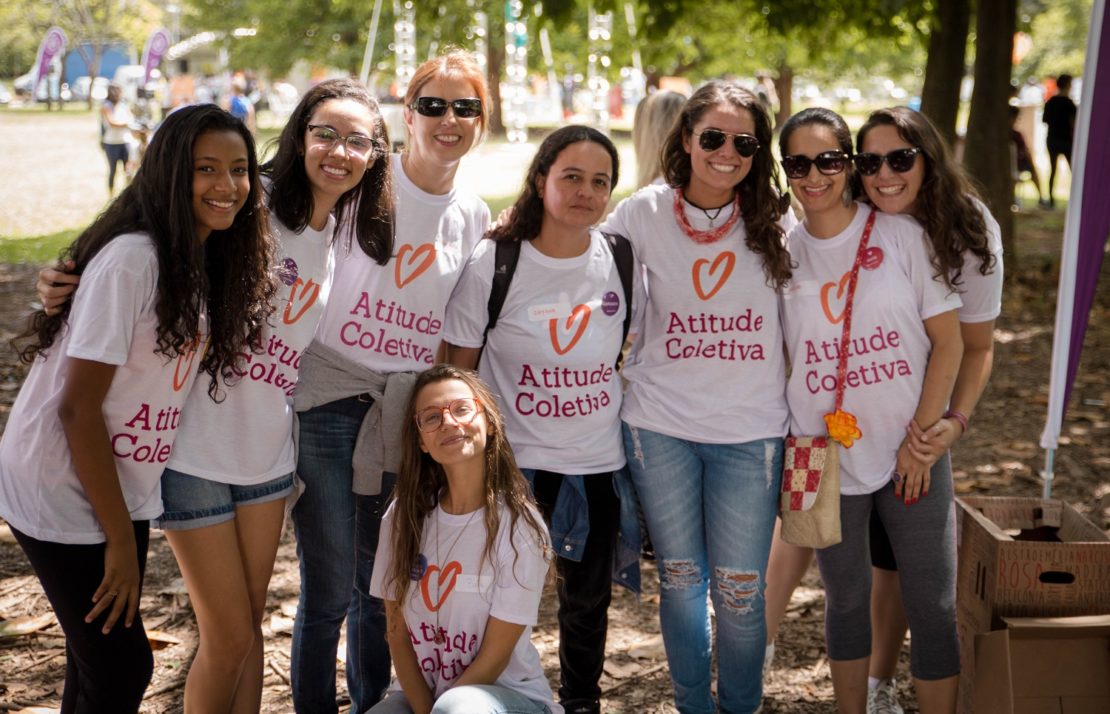“Well, in Whoville they say – that the Grinch’s small heart grew three sizes that day.”
If you’ve seen this iconic film, How the Grinch Stole Christmas, you know exactly what made the Grinch’s heart grow. When he at long last puts others first, selflessly jumping off a cliff to rescue the Christmas presents, his heart swelled with kindness and his face radiated joy.
But, what if that wasn’t just fantasy? What if doing kindness for others actually made our own hearts swell? According to CBC, this may be the case.
Treat yourself…by treating others
Elizabeth Dunn, a happiness researcher, and professor of social psychology at the University of British Columbia, has been focused on how our altruism positively impacts our own emotions for over a decade.
In one study, researchers gave random people on campus $5 or $20 bills.
Researchers told the control group to spend the money on something nice for themselves. Another half of the recipients were told to use the money to help others.
What do you think the researchers found when they checked back in? Who was happier? The students who bought $5 Starbucks coffees for their favorite professors or those who had the chance to treat themselves to a $20 lunch on the house?
The results overwhelmingly showed that the amount that people received didn’t matter. Those who had the chance to use $5 or $20 to help others reported themselves as happier than those who had spent the money on themselves.
Think positive, feel positive
Dunn’s research spurred many similar studies. PsyPost reports on a very recent similar study involving Filipino undergraduates looking at the effects of gratitude and kindness on life satisfaction and emotions.
The control group had the chance to write about five of their top work or academic accomplishments weekly.
The “gratitude group” wrote about five things they were grateful for and applied gratitude related quotes to their own lives.
The last group, the “kindness group” shared their stories of five acts of kindness they did and also related to kindness themed quotes.
You probably won’t be surprised to hear that groups who had the chance to focus on gratitude and kindness showed significant increases in their perceived satisfaction with life after their exploration of these topics.
It turns out that even just thinking about kindness brings joy to our lives.
Good deeds produce Oxytocin
Why is this the case? We don’t exactly know, but Psychology Today may have some clues. Oxytocin, the so-called love hormone, is a byproduct of doing good.
Oxytocin is the same hormone we produce when we cuddle up with a loved one or pet. We can get the same rush from helping others.
In fact, it doesn’t even matter whether we help loved ones or even random strangers, we still benefit from “our heart growing three sizes” in response to our own kind deeds.
As educator and reformer, Booker T. Washington once said, “those who are happiest are those who do the most for others.”
So, take a few minutes out of your week to help your elderly neighbor with her trash. Write that email to your friend letting her know that you appreciate her. You will make your friend’s day, and you will feel amazing too!
Good Deeds Day, an annual global day of doing good, is the pinnacle of doing good year-round. Good Deeds Day has grown to 108 countries with millions of participants. Good Deeds Day 2022 is on April 3, and registration is OPEN.
This article was originally published on Goodnet and appears here with permission.




